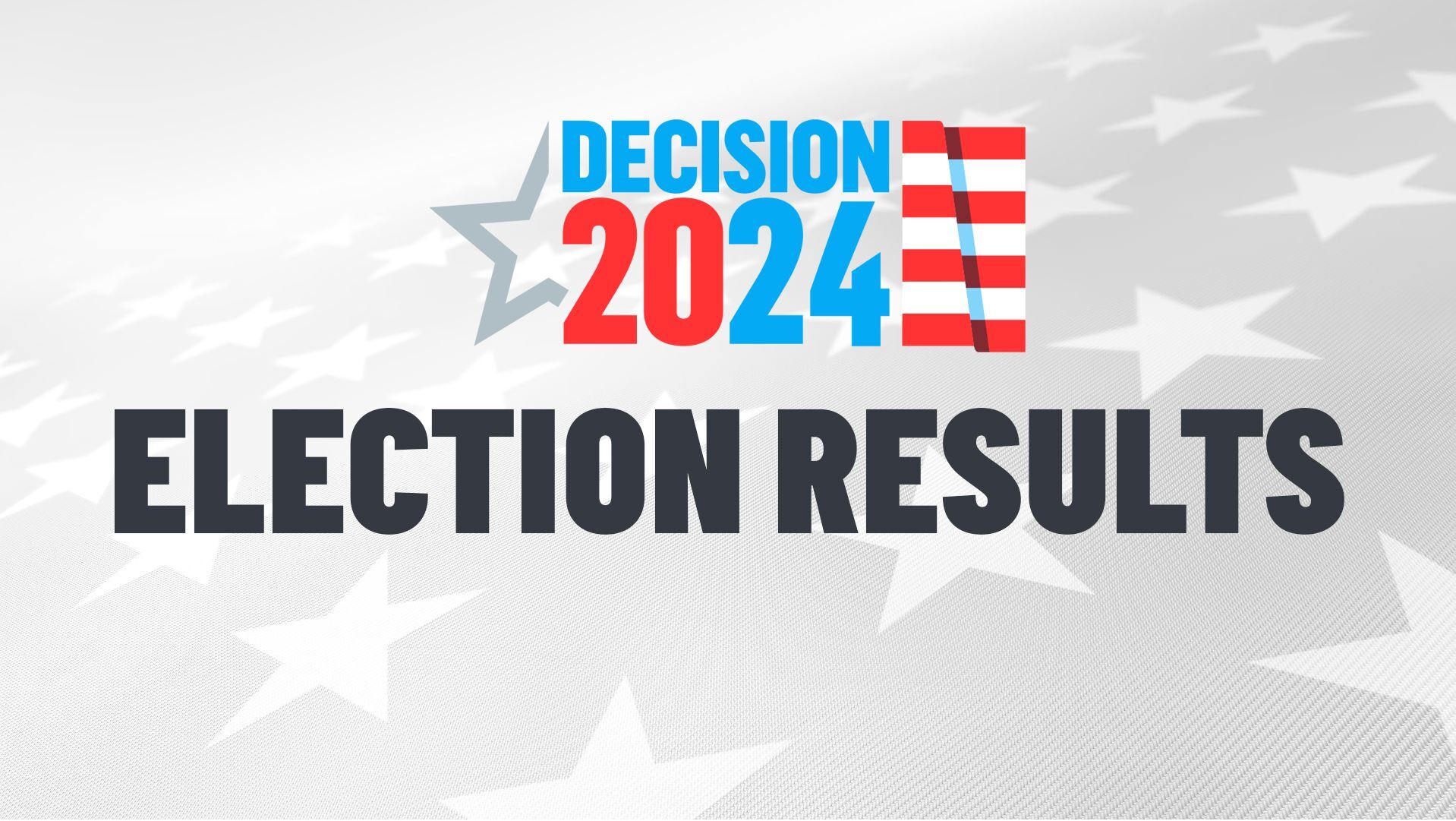It may come as no surprise, but demand for solar panels is heating up. Solar installations could triple over the next five years, due in part to tax credits from the Inflation Reduction Act, according to a CNBC report, but that’s not the only thing getting energy customers thinking about upgrading.
After a days-long heatwave that plagued California, a representative with Baker Electric Home Energy told NBC 7 that more potential customers have been calling, curious about solar and if it could save them money.
As the heat cranked up across the state, many people got fed up with flex alerts and their utility bills.
“People, I believe, are kind of having a 'That’s it' mentality and gotten their August bill here into September when it was really hot and that’s going to drive an, 'It’s time' mentality,” Steve Brooke with Baker Electric Home Energy said.
Get top local stories in San Diego delivered to you every morning. Sign up for NBC San Diego's News Headlines newsletter.
High energy bills might be turning more people on to solar, and the Inflation Reduction Act may help them get there with a 30% tax credit on installations, Brooke said. It’s a credit that is expected to be offered through the end of 2032.
“Let’s say your tax credit on a solar system is $8,000. You’ll have show you’ve paid $8,000 in federal income tax, if it’s installed next year in 2023 because it’s when it’s installed,” Brooke said.
It’s something Nicolas Koury and his wife recently took advantage of. And for them, it’s not just about the savings but making a full commitment to relying on clean energy,
Local
”We’re trying to think ahead so if something happens we can be fully sustainable,” Koury said.
Plus, they’re saving money.
”We can see all the energy we are pushing to the grid from our solar panels which is great and how much we’re consuming which is tiny compared to how much energy we’re producing,” Koury said.
While there’s a lot of interest in solar panel installations, Brooke says there’s even more interest in home batteries.
“What it also protects you against is those really high rates between 4 p.m. and 9 p.m., so run your home off the batteries in those hours and avoid those high-cost rates,” Brooke said.
This means using an appliance or keeping the lights on, as long as the battery has the energy to power it.
”I can see our baseline consumption is .5 kilowatts each day, and then we turn the AC on and it jumps up by about 2 kilowatts so it's about 2.5, 2.4, so it is almost like 75% of our bill or our energy consumption, I should say, so it’s a huge difference,” Koury said.



